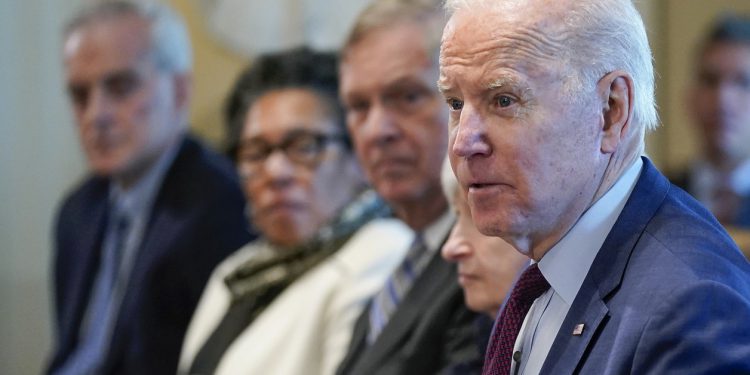Food and agribusiness conglomerates aren’t violating any sanctions by continuing to import and export products from Russia, according to White House administration officials in the US.
Politico reports the administration said outside pressure has forced companies to decide what they want to consider “essential” business in Russia.
Swiss-based Nestle announced it would further scale down its Russian operations, after Ukrainian President Volodymyr Zelenskyy singled out the company.
While some companies like Coca-Cola, McDonald’s and Starbucks have suspended Russian operations entirely, others including PepsiCo, Nestle and Cargill are citing humanitarian reasons for maintaining at least some portion of their sales and production in the country.
Nestle and PepsiCo say they are continuing to provide products like infant formula and other nutritional products in Russia. Cargill and fellow agricultural giants US-based Archer Daniels Midland and Bayer, of Germany, argue they’re providing a critical source of food not only inside Russia, but also for the rest of the world as prices have skyrocketed and the fate of Ukraine’s next growing season is under threat.
The world’s other major commodity merchant, Louis Dreyfus Company, based in France, has suspended its Russian operations.
“Yes, we did talk about food shortages and it’s going to be real,” Biden told reporters on Thursday after an emergency meeting on Ukraine with NATO leaders in Brussels.
Biden officials know Cargill, which operates in 70 countries, will play a key role in shipping grain and fertiliser around the world amid the fallout of Putin’s war in Ukraine, which has left governments across Europe, Africa and Asia scrambling for new sources of nutrition for millions of people and has set off new price spikes for fertilizer and food in the US, eight months before midterm elections.
“They’re basically too big to fail at this point,” a Biden administration official said. “And yes, I know how that sounds.”
Administration officials don’t want to publicly question the companies’ operations right now. Secretary of agriculture Tom Vilsack, for example, said it wouldn’t be fair to weigh in on how “essential” Cargill’s ongoing business in Russia is.
“From my experience with Cargill, I can’t speak to others, that’s a fairly hard question that you ask,” said Vilsack, adding that he recently spoke with Cargill officials as they weigh how to continue their Russian operations. “But in my dealings with the Cargill people, they’ve always been upfront, they’ve always been honest and they’ve always been straightforward. I have to tell you that they are agonising over this.”























